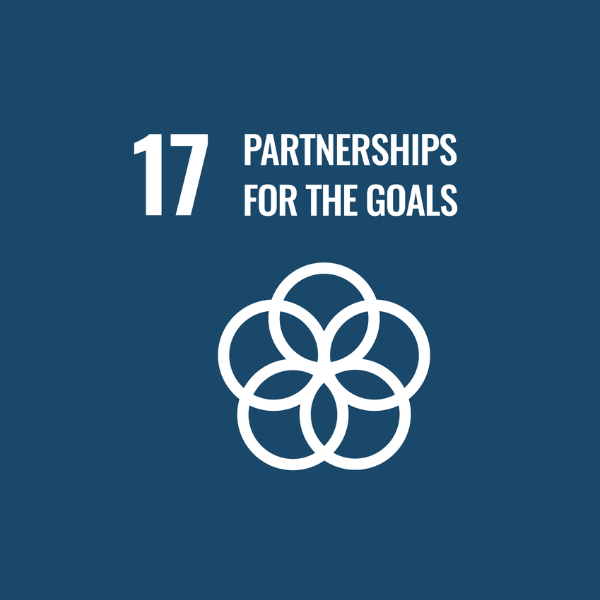A Foundation of Sustainability
Sustainable workplace technology
At Agilico, our business supports the worldwide effort to build a better future for people and planet. Through our technologies, development and commitment to serving society, we respond to the United Nations Sustainable Development Goals (UN SDGs).
An urgent call for action by all countries, the UN’s 17 Sustainable Development Goals (SDGs) set out the world’s most critical global challenges. They recognise that ending poverty and other deprivations must go hand-in-hand with strategies that improve health and education, reduce inequality and drive economic growth, while simultaneously tackling climate change and working to preserve our oceans and forests.

The 2030 Agenda for Sustainable Development, adopted by all United Nations Member States in 2015, provides a shared blueprint for peace and prosperity for people and the planet, now and into the future.
At its heart are the 17 Sustainable Development Goals (SDGs), which are an urgent call for action by all countries – developed and developing – in a global partnership.
1. NO POVERTY
End poverty in all its forms everywhere
Since 2015, global poverty reduction was already slowing down and the impacts of the COVID-19 pandemic reversed three decades of steady progress with the number of people living in extreme poverty increasing for the first time in a generation. Recovery from the pandemic has been slow and uneven as the world is presently facing multiple geopolitical, socioeconomic, and climatic risks. Given current trends, 575 million people (nearly 7% of the world’s population) will still be living in extreme poverty in 2030 compared to 800 million in 2015 (or 10.8%).
Eradicating extreme poverty will be particularly difficult in sub-Saharan Africa and conflict-affected areas. Despite the expansion of social protection during COVID-19, over 4 billion people globally remain entirely unprotected. A surge in action and investment to enhance job opportunities and extend social services to the most excluded is crucial to delivering on the central commitment to ending poverty.
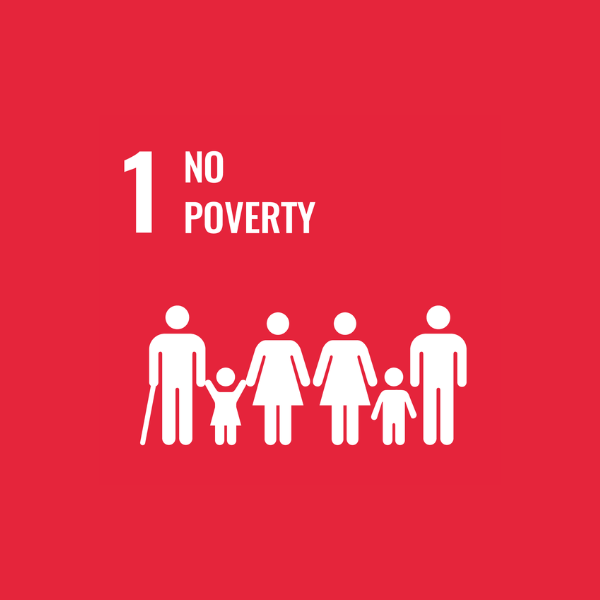
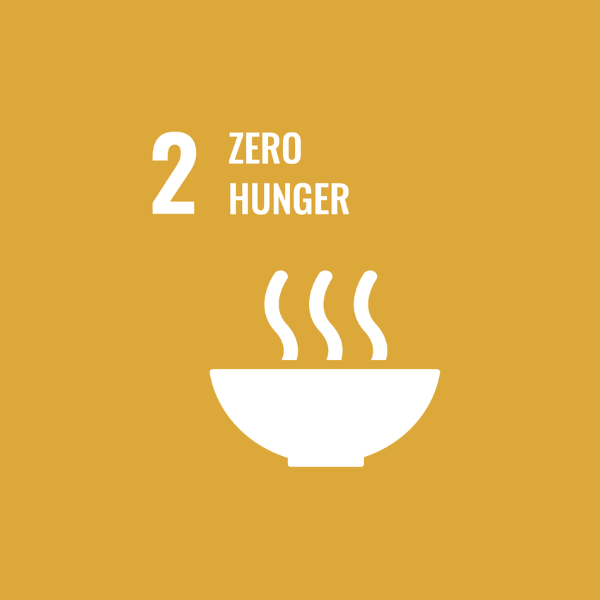
2. ZERO HUNGER
End hunger, achieve food security and improved nutrition and promote sustainable agriculture
The number of people facing hunger and food insecurity has been on the rise since 2015, with the pandemic, conflict climate change and growing inequalities exacerbating the situation. In 2015, 589 million people were experiencing hunger, and by 2021, that number had risen to 768 million. Projections show that by 2030, approximately 670 million people will still be facing hunger – 8% of the world’s population, the same as in 2015.
Despite global efforts, too many children continue suffering from malnutrition and the current annual rate of reduction in stunting must increase by 2.2 times to meet the global target. To achieve zero hunger by 2030, immediate and intensified efforts are required to transform food systems, ensure food security and invest in sustainable agricultural practices.
3. GOOD HEALTH AND WELL-BEING
Ensure healthy lives and promote well-being for all at all ages
The pandemic and other ongoing crises are hindering progress in achieving SDG3, exacerbating existing health inequalities and threatening progress towards universal health coverage. As a result, 68 million children are known to be un- or under-vaccinated as of 2022 from TB and malaria. This has been particularly challenging in low- and middle-income countries, where health systems were already under-resourced before the pandemic.
The pandemic has also highlighted the need for stronger global health security systems to prevent and respond to future pandemics. Overcoming these setbacks and dealing with longstanding shortcomings in health-care provision requires an urgent strengthening of health systems.
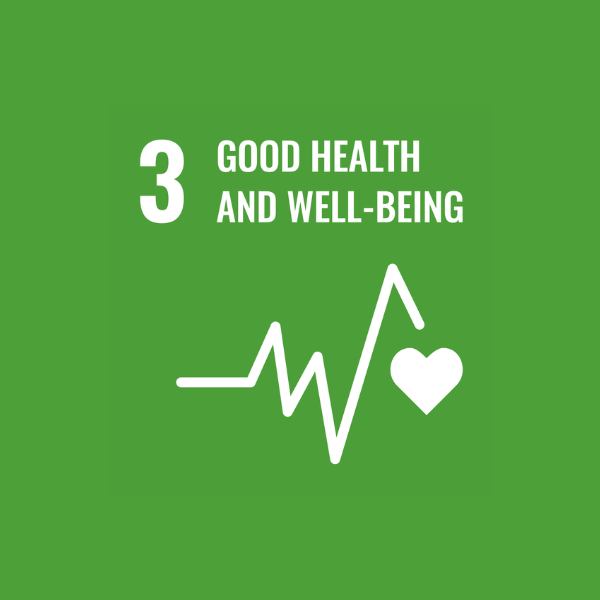
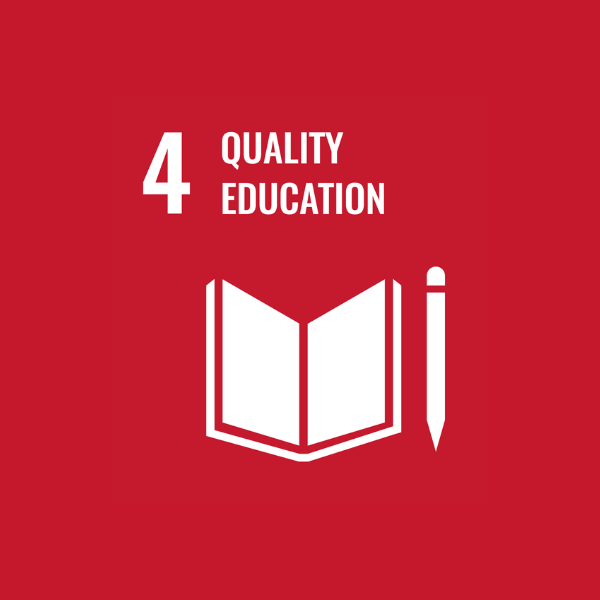
4. QUALITY EDUCATION
Ensure inclusive and equitable quality education and promote lifelong learning opportunities for all
Even before the COVID-19 pandemic, the world was already off-track to achieve its education targets. If no additional measures are taken, only one in six countries will meet SDG4 and achieve universal access to quality education by 2030. An estimated 84 million children and young people will still be out of school and an estimated 300 million student will still not have the basic numeracy and literacy skills they need to succeed in life.
To deliver SDG4, education systems must be re-imagined, and education financing must become a priority national investment.
5. GENDER EQUALITY
Achieve gender equality and empower all women and girls
The world is not on track to achieve gender equality by 2030. At the global level, none of the 18 indicators “met or almost met” the targets and only one is “close to target”. At the current rate of progress, it is estimated that it will take up to 286 years to close gaps in legal protection and remove discriminatory laws, 140 years for women to be represented equally in positions of power and leadership in the workplace, and 47 years to achieve equal representation in national parliaments.
Cascading global crises have highlighted and exacerbated existing gender inequalities, such as unequal access to healthcare, education, and economic opportunities. Political leadership and a comprehensive set of policy reforms are needed to dismantle systemic barriers to the achievement of SDG4.
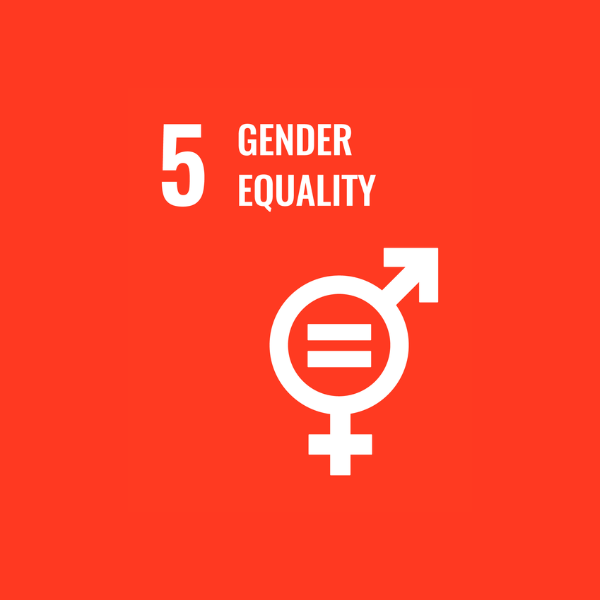
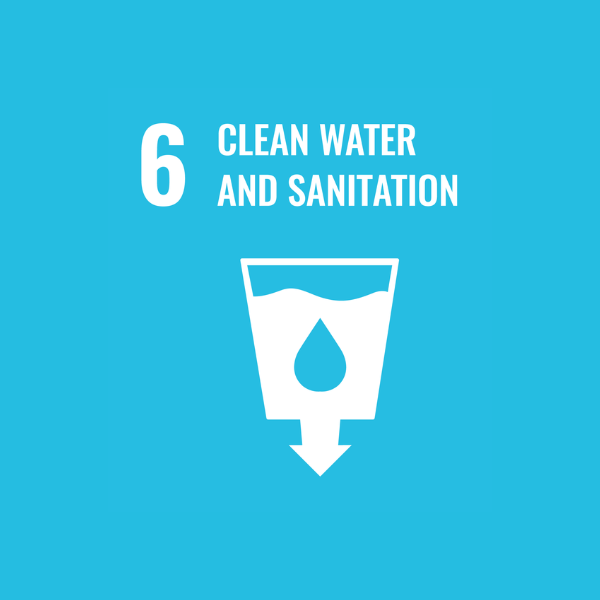
6. CLEAN WATER AND SANITATION
Ensure availability and sustainable management of water and sanitation for all
Billions of people still lack access to safe water, sanitation, and hygiene, despite improvement in the provision of these basic services. Water scarcity is a growing problem in many parts of the world, and conflicts and climate change are exacerbating the issue. In addition, water pollution is a significant challenge which affects both human health and the environment in many countries.
Achieving universal coverage by 2030 will require a 6-fold increase in current global rates of progress on drinking water, a 5-fold increase for sanitation, and an 8-fold increase for hygiene. Boosting infrastructure investment, improving cross-sectoral coordination, and addressing climate change is key to getting SDG6 back on track.
7. AFFORDABLE AND CLEAN ENERGY
Ensure access to affordable, reliable, sustainable and modern energy for all
Access to electricity and clean cooking fuels has improved in many parts of the world, but 675 million people are yet to be connected to the grids and 2.3 billion are still cooking with unsafe and polluting fuels. The war in Ukraine and global economic uncertainty continue to cause significant volatility in energy prices, leading some countries to raise investments in renewables and others to increase reliance on coal, putting the green transition at risk.
If the current pace continues, about 660 million people will still lack access to electricity and close to 2 billion people will continue to rely on polluting fuels and technologies for cooking by 2030. To ensure access to energy for all by 2030, we must accelerate electrification, increase investments in renewable energy sources and invest in improving electricity grids.
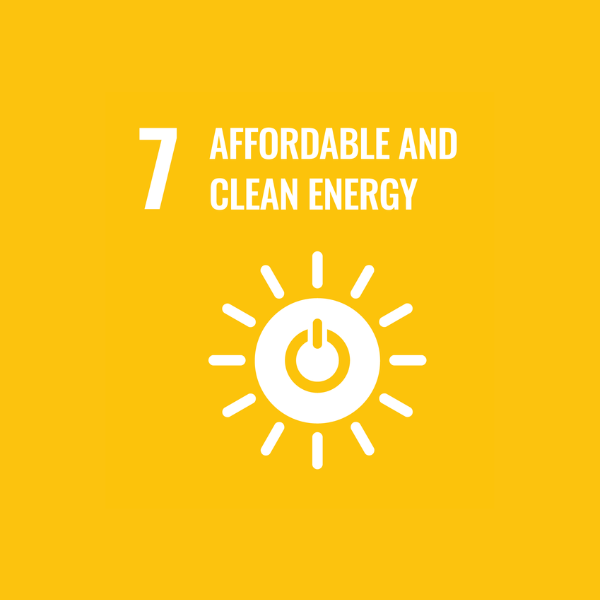
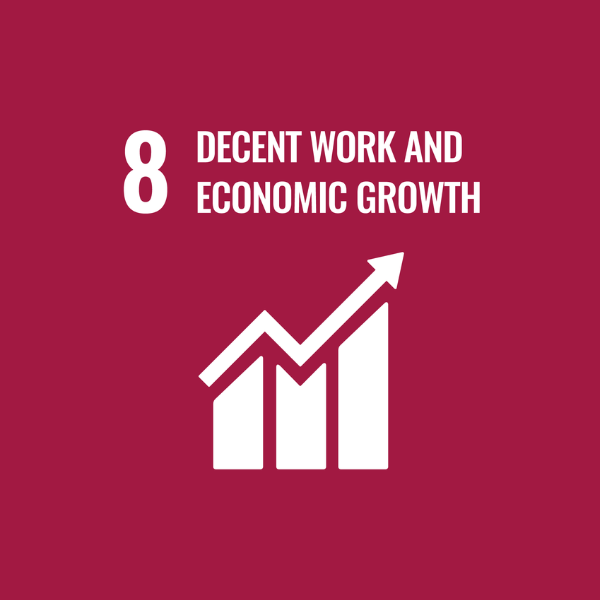
8. DECENT WORK AND ECONOMIC GROWTH
Promote sustained, inclusive and sustainable economic growth, full and productive employment and decent work for all
Progress towards achieving SDG8 has been challenging and the world is far from reaching most of the targets. The lingering effects of COVID-19, cost-of-living crises, trade tensions, uncertain monetary policy paths, rising debts in developing countries, and the war in Ukraine can each significantly set back global economic growth. Combined, these crises are placing the global economy under a serious threat. Global real GDP per capita is forecast to slow down in 2023, putting at risk not just employment and income but also advances in equitable pay for women and decent work for young people.
Achieving SDG8 will require a wholesale reform of our morally bankrupt financial system in order to tackle rising debts, economic uncertainties and trade tensions, while promoting equitable pay and decent work for young people.
9. INDUSTRY, INNOVATION AND INFRASTRUCTURE
Build resilient infrastructure, promote inclusive and sustainable industrialisation and foster innovation
The manufacturing industry’s recovery from COVID-19 remains incomplete and uneven: some high-income regions achieved record-high manufacturing value added per capita in 2022 but levels in LDCs were not much higher than the 2015 baseline. In the aftermath of the pandemic, data show that higher-technology industries recovered faster and proved to be more resilient, pointing to the need to promote innovation and technology transfer in a way that benefits all countries.
To achieve Goal 9 by 2030 it is essential to support LDCs, invest in advanced technologies, lower carbon emissions, and increase global mobile broadband access.
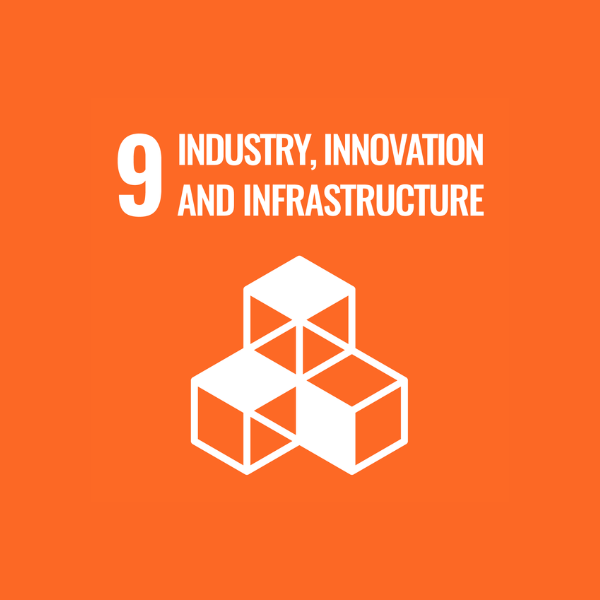
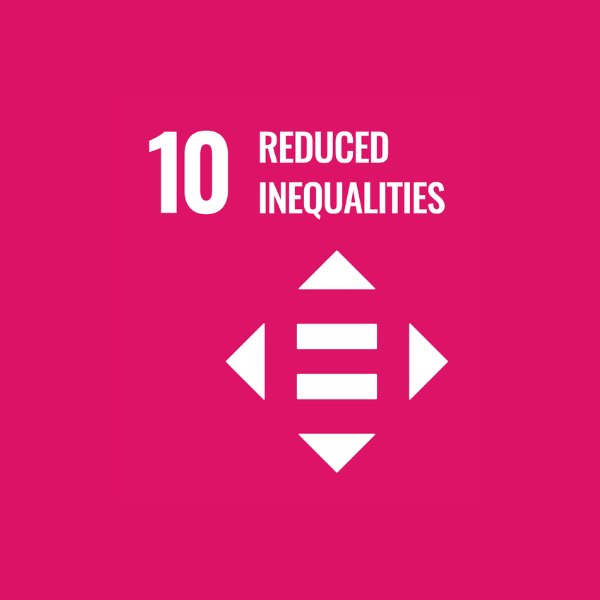
10. REDUCED INEQUALITIES
Reduce inequality within and among countries
Before the pandemic, the incomes of the bottom 40% of the population grew faster than the national average in a majority of countries. The impacts of the pandemic and uneven recoveries in different regions of the world threaten to reverse that trend and further worsen global inequality. Record numbers are being forced to flee conflicts and economic hardship. By mid-2022, one in 251 people worldwide was a refugee, the highest proportion ever documented.
Achieving SDG 10 requires concerted efforts to address the root causes of wage disparities and access to resources both within- and between-country inequality.
11. SUSTAINABLE CITIES AND COMMUNITIES
Make cities and human settlements inclusive, safe, resilient and sustainable
The pandemic has caused major shifts in migration patterns, including huge movements of people in and out of urban areas. Furthermore, climate change and conflicts tend to have disproportionate impacts on cities. These factors mean that the world is far from achieving the goal of sustainable cities. In many developing countries, slum populations have been growing, putting at risk the target of adequate housing for all by 2030. Since 2015, the number of countries with national disaster risk reduction strategies has more than doubled.
To achieve SDG 11, efforts must focus on strengthening capacities for planning for urban development, improving access to public transportation and enhancing waste management.
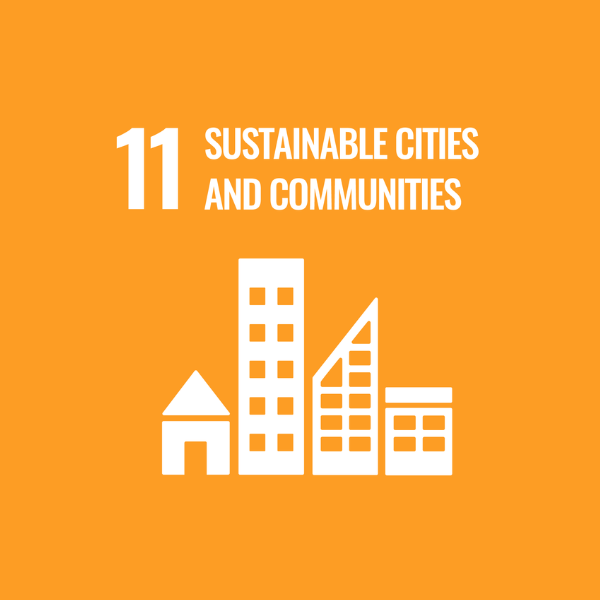
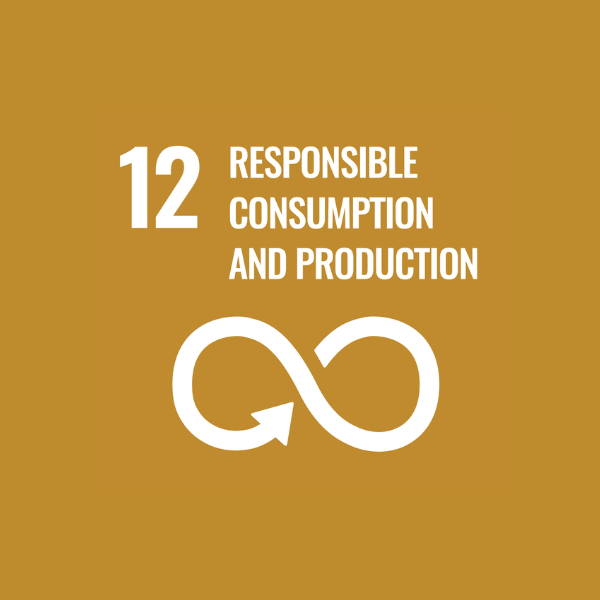
12. RESPONSIBLE CONSUMPTION AND PRODUCTION
Ensure sustainable consumption and production patterns
The world is seriously off track in its effort to halve per-capita food waste and losses by 2030.The COVID-19 pandemic has had significant impacts on consumption and production patterns, with disruptions to global supply chains and changes in consumer behaviour. Responsible consumption and production must be an integral part of the recovery from the pandemic. But the global economy also needs to speed up the decoupling of economic growth from resource use by maximising the socio-economic benefits of resources while minimising their negative impacts.
Reporting on corporate sustainability has tripled since the beginning of the SDG period, but global and UK business will need to significantly improve reporting on activities that contribute to the SDGs. To deliver SDG12, it is crucial to implement policies that support the shift to sustainable practices and decouple economic growth from resource use.
13. CLIMATE ACTION
Take urgent action to combat climate change and its impacts
The world is on the brink of a climate catastrophe and current actions and plans to address the crisis are insufficient. Without transformative action starting now and within this decade to reduce greenhouse gas emissions deeply and rapidly in all sectors, the 1.5°C target will be at risk and with it the lives of more than 3 billion people. Failure to act leads to intensifying heatwaves, droughts, flooding, wildfires, sea-level rise, and famines. Emissions should already be decreasing now and will need to be cut almost by half by 2030 – a mere seven years from now.
To combat climate change and its impacts by 2030, urgent and transformative action is needed to meet the commitments under the Paris Agreement across mitigation and adaptation efforts.
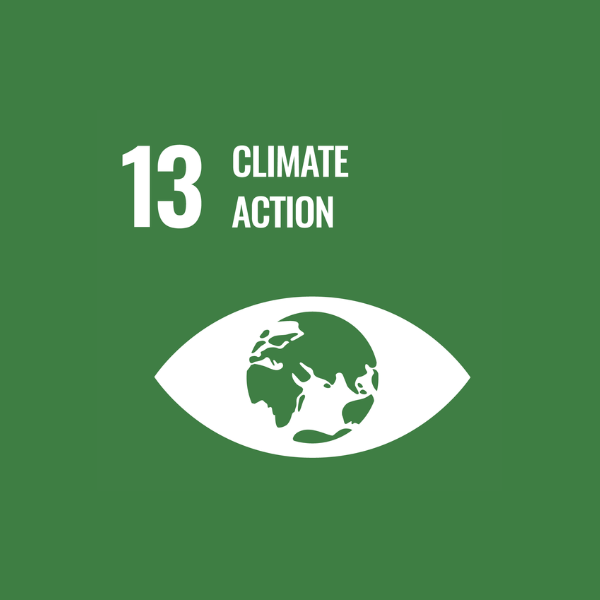
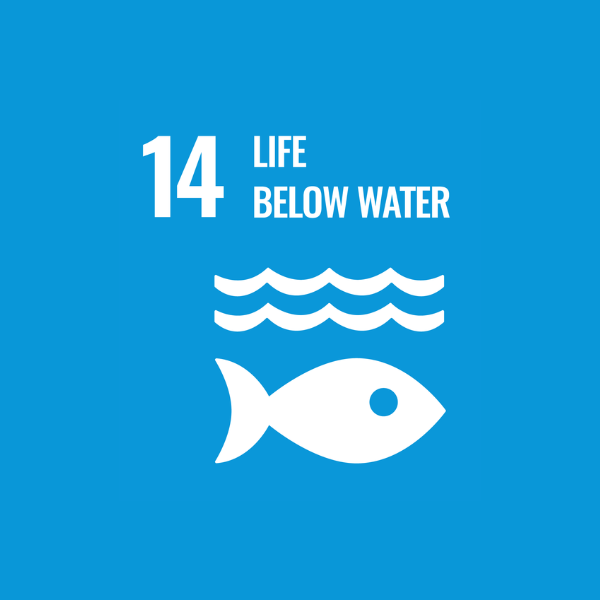
14. LIFE BELOW WATER
Conserve and sustainably use the oceans, seas and marine resources for sustainable development
Destructive trends in ocean health have not abated. The ocean, the world’s largest ecosystem, continues to be endangered by rising acidification, eutrophication, declining fish stocks and mounting plastic pollution.
While there has been some progress in expanding marine protected areas and combatting illegal, unreported and unregulated fishing over the years, more concerted efforts and acceleration are urgently needed. Urgent and coordinated global action is needed to continue to advance towards SDG14.
15. LIFE ON LAND
Protect, restore and promote sustainable use of terrestrial ecosystems, sustainably manage forests, combat desertification, and halt and reverse land degradation and halt biodiversity loss
The world is facing a triple planetary crisis of climate change, pollution and biodiversity loss. The trend in forest loss, land degradation and the extinction of species is becoming worse, posing a severe threat to the health of the planet and people.
Goal 15 will not be met without a dramatic shift in our relationship with our natural environment.
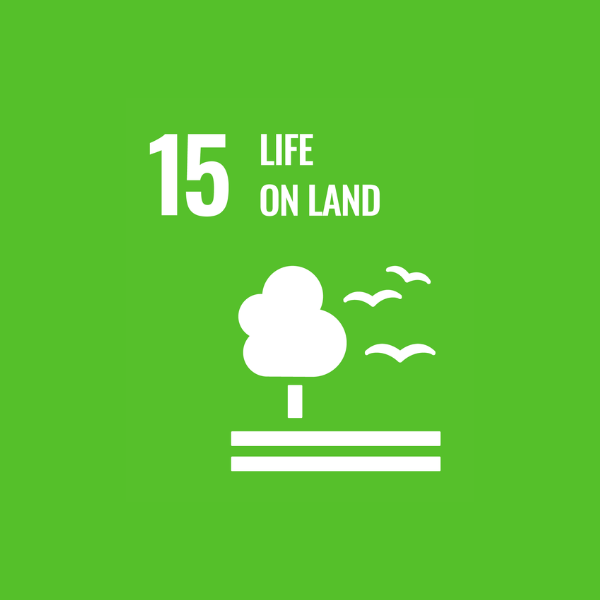
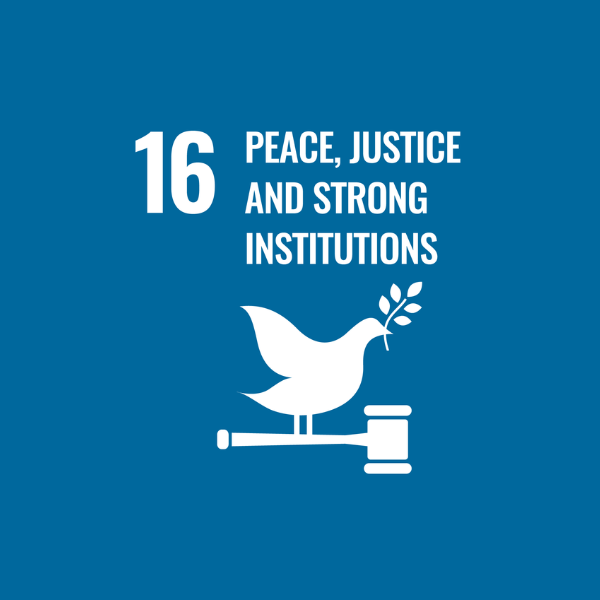
16. PEACE, JUSTICE AND STRONG INSTITUTIONS
Promote peaceful and inclusive societies for sustainable development, provide access to justice for all and build effective, accountable and inclusive institutions at all levels
Ongoing and new violent conflicts around the world are derailing a global path to peace and achievement of SDG 16. One quarter of humanity lives in conflict-affected areas and as of May 2022, a record 100 million people had been forcibly displaced worldwide – more than double the number a decade ago. Citizens also face challenges accessing justice, basic services/legal guarantees and are generally underrepresented due to ineffective institutions. Moreover, structural injustices, inequalities and emerging human rights challenges are putting peaceful and inclusive societies further out of reach.
To meet SDG16 by 2030, action is needed to restore trust and to strengthen the capacity of institutions to secure justice for all and facilitate transitions to drive sustainable development.
17. PARTNERSHIPS FOR THE GOALS
Strengthen the means of implementation and revitalise the Global Partnership for Sustainable Development
Progress towards achieving SDG17 has been mixed. On the one hand, there have been some advances in areas such as development aid, remittances flows, and access to technology. However, funding for development remains a major challenge, particularly in low income countries. Additionally, geopolitical tensions and the rise of nationalism in some parts of the world have made it more difficult to achieve international cooperation and coordination.
Many developing countries are battling record inflation, rising interest rates and looming debt burdens, competing priorities, and limited fiscal space. A major surge in concerted action is needed to ensure developing countries have access to the financing and technologies needed to accelerate SDG implementation.
